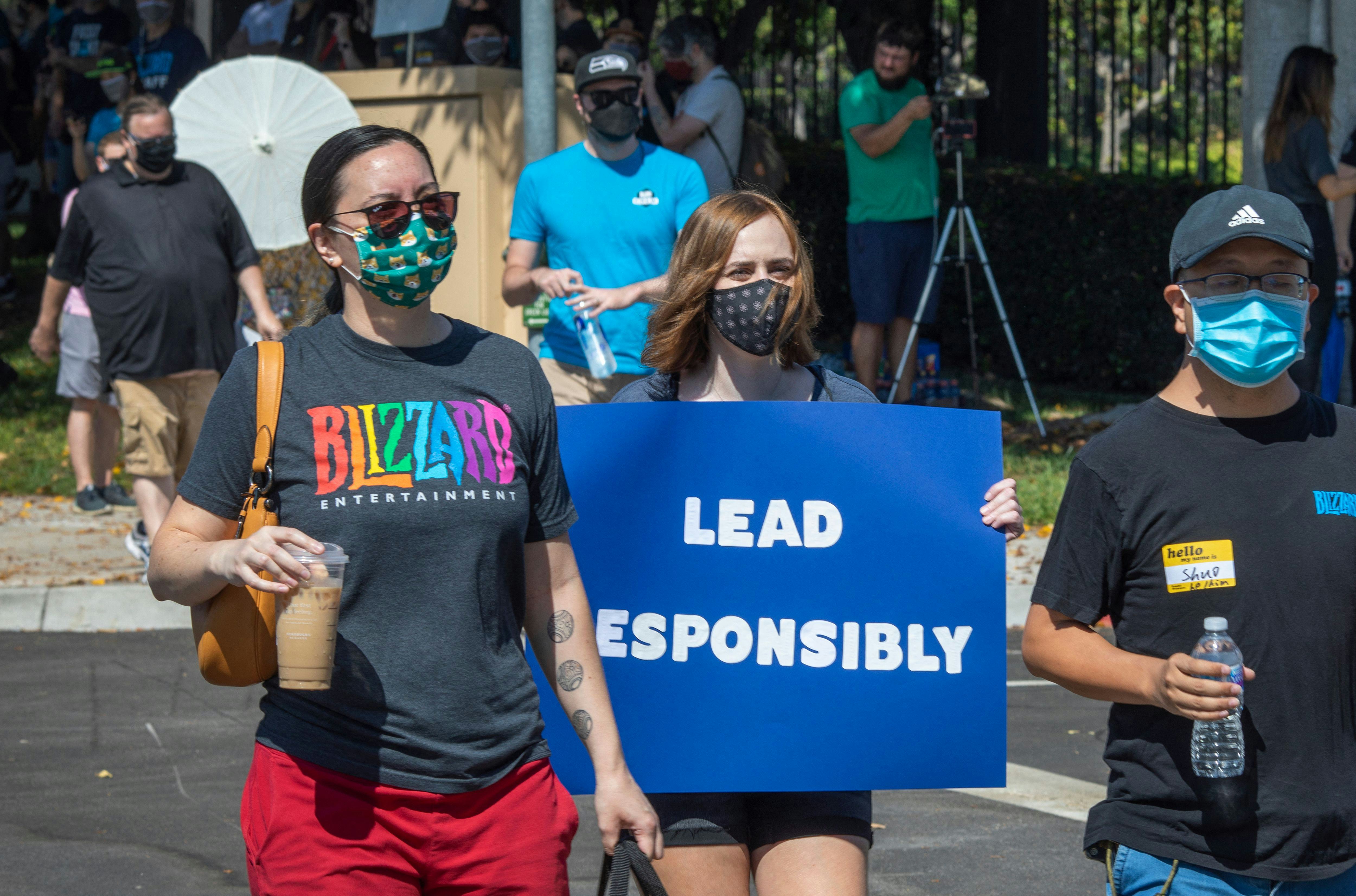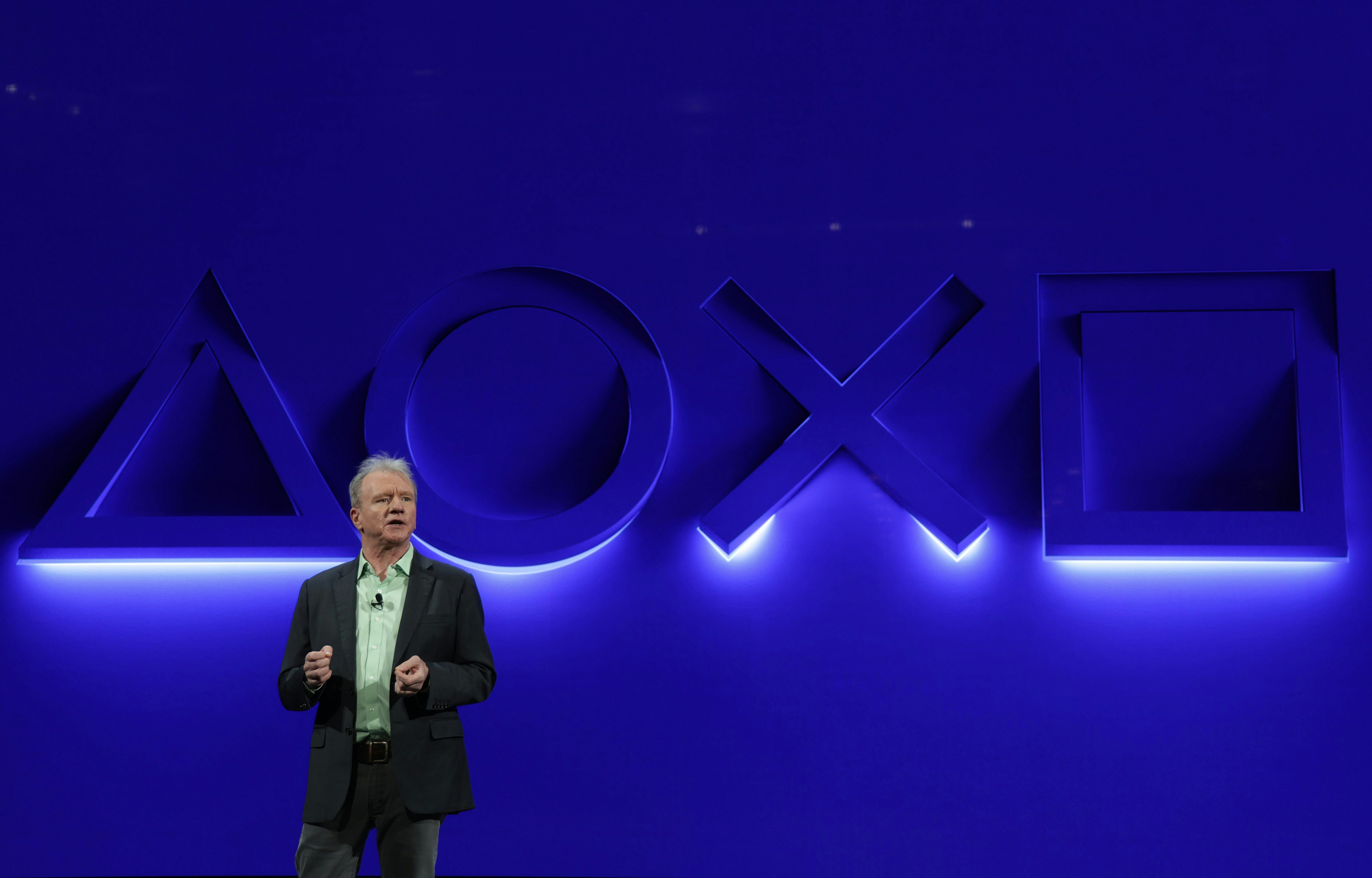
When a former security analyst filed a lawsuit against Sony in November 2021 for discrimination and wrongful termination, the gaming and tech giant dismissed the claims, citing a “lack of specifics.” But Axios reported this week that eight new declarations from current and former employees bring to light a pattern of mistreatment at the company. More and more women are stepping forward about cases just like this since ongoing reports of sexual harassment at Activision Blizzard have shined a spotlight on the phenomenon at large, exposing one of the gaming industry’s biggest problems.
What happened — Emma Majo, a former IT analyst, filed a class-action lawsuit against Sony, alleging that the company’s toxic work culture towards women led to her termination. Axios noticed new filings, which include written accounts from seven former employees and one current employee.

Sony initially asked the court to dismiss the suit as Majo “fail[ed] to identify a single policy, practice or procedure at [PlayStation] that allegedly formed the basis of any widespread intentional discrimination or had a discriminatory impact on women.” From there, the case escalated with seven more women coming forward about their experiences with gender discrimination at the company. According to Polygon, many of the accounts took place in the California offices like San Mateo and San Francisco.
What the women said — Marie Harrington, a former Sony senior director who worked at the company for over 16 years, noted significantly fewer women present during “calibration sessions,” which were used to gauge candidates for senior positions. One session only included four women and nearly 70 men. She also claimed that other employees at the sessions commented on the women’s family lives in a way that differed from the male employees.
Meanwhile, a former program manager recounted 10 women leaving her office in Rancho Bernardo, California, in four months before she too left the company. She attached a concerned letter she shared with the Women at Sony group before leaving in January after her superiors failed to address her complaints about gender bias and discrimination against pregnant women, and “resistance from a senior man in HR to act on these accounts.”

Polygon adds an account from one woman who claimed that she only worked with four other women in her five years at Sony, all of whom ended up leaving the company for reasons related to gender discrimination and sexual harassment. Another woman found a “great imbalance in terms of employee distribution” in the company through a third-party study.
Former female employees also spoke up over social media. One woman claimed that HR apologized to her for “not doing more” when she resigned. Another who recently interviewed for a position at the company said they refused to tell her the full salary range for her position. She didn’t accept the role.
In summary, the open objectification and devaluing of women coupled with the struggle to be taken seriously, has snowballed into a toxic work environment for the women working at Sony. More will likely come out over the next few days, so these testimonies are likely only a small sample of the discrimination actually happening at the company.

A bigger trend — It’s not great that Sony has allegedly mistreated dozens of women without addressing its sexist work culture. However, the fact that Majo and her allies have attracted this amount of attention and shined a spotlight on the phenomenon is indicative of a positive trend: More women are speaking out about their experiences, and they are being heard.
Call of Duty publisher Activision Blizzard has dominated headlines over the last year due to a bombshell lawsuit about its toxic work culture. After the Wall Street Journal reported on the news, more bystanders were appalled at the company’s work culture and supported those demanding change from the company. A Change.org petition amassed over 35,000 signatures for CEO Bobby Kotick to resign without much luck. Activision promised changes, which it seems to have begrudgingly made in response to the backlash.
Activision Blizzard wasn’t the first time, though. Riot Games and Ubisoft also have notable histories with allegedly sexist workplace environments. Heck, Riot paid for a $100 million settlement at the end of 2021 regarding a gender discrimination lawsuit filed back in 2018.
The Inverse Analysis — It’s not a new trend, but it’s one that’s more visible as of recent. This solution isn’t perfect, either, as the games industry would ideally reach a point where women don’t need to escalate to national news to get change. Still, it’s encouraging for those who couldn’t speak out for their own personal reasons. Since the Activision Blizzard lawsuit, it seems that women have been more vocal than ever before — or that the media is covering more of it.
Many of us have acknowledged that the games industry has failed women in many cases that a large majority choose to forget. However, as more women speak up, it could lead to gradual changes in the environment where companies nurture women as much as they do male employees instead of pushing them out.







